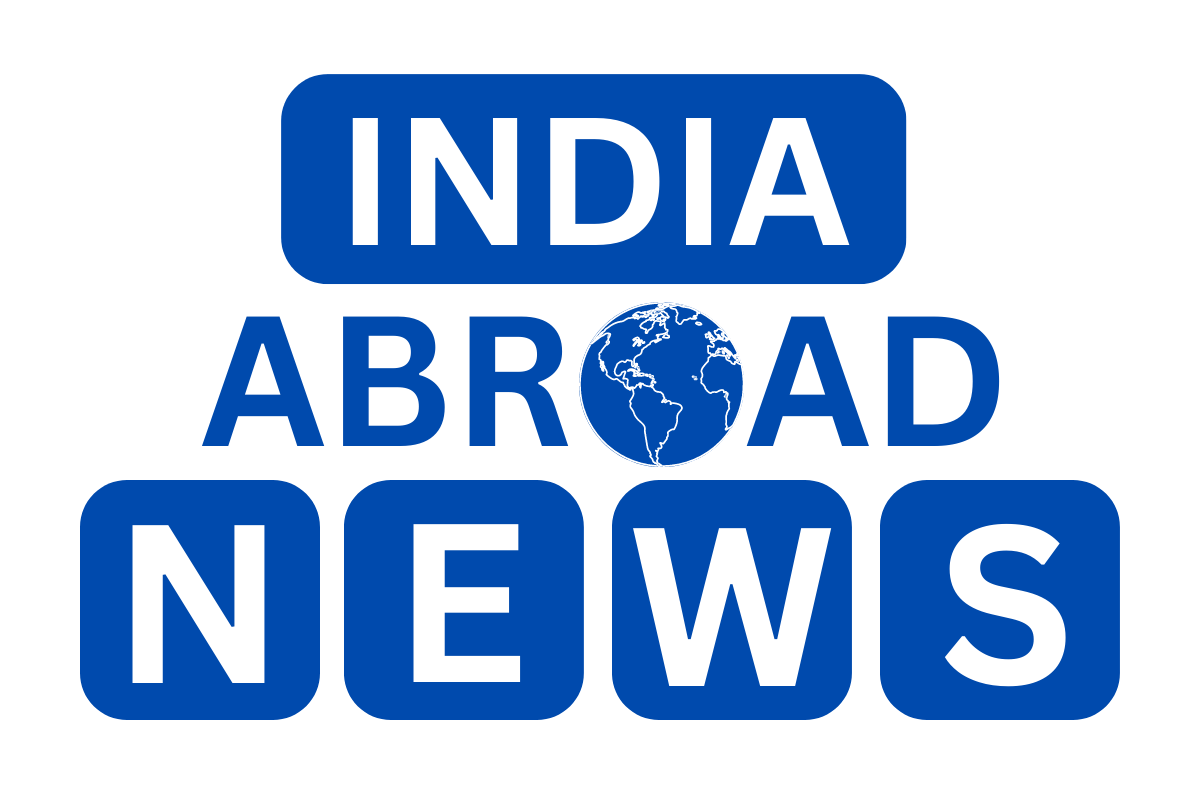Tensions between Washington and Tel Aviv escalated after Israeli Prime Minister Benjamin Netanyahu ordered strikes on Hamas leaders inside Qatar without informing the United States beforehand. The move blindsided the White House, which learned of the assault only after it had already begun.
In a heated phone call following the attack, President Donald Trump warned Netanyahu that targeting a close U.S. partner like Qatar—while it was mediating truce negotiations—was a grave misstep. Trump then pressed Netanyahu on whether the strikes had succeeded. Netanyahu’s answer was blunt: “I don’t know.”
Hamas later claimed its top leaders survived, though six lower-ranking members were killed. The outcome left U.S. officials frustrated, as the strike not only jeopardized fragile cease-fire talks but also angered Qatar’s leadership, a central player in Trump’s peace efforts.
The fallout highlights growing strains between Trump and Netanyahu. While Trump has strongly backed Israel’s military campaign against Hamas, his second-term foreign policy rests on securing a Gaza cease-fire and a hostage-release deal. Analysts warn that Israel’s unilateral moves could undermine Trump’s peace agenda and further complicate U.S. diplomacy in the region.
Despite the backlash, Netanyahu doubled down in a video statement, insisting Israel reserves the right to strike wherever terrorists are sheltered. “To Qatar and all nations that harbour terrorists—expel them or bring them to justice. If you don’t, we will,” he declared.

